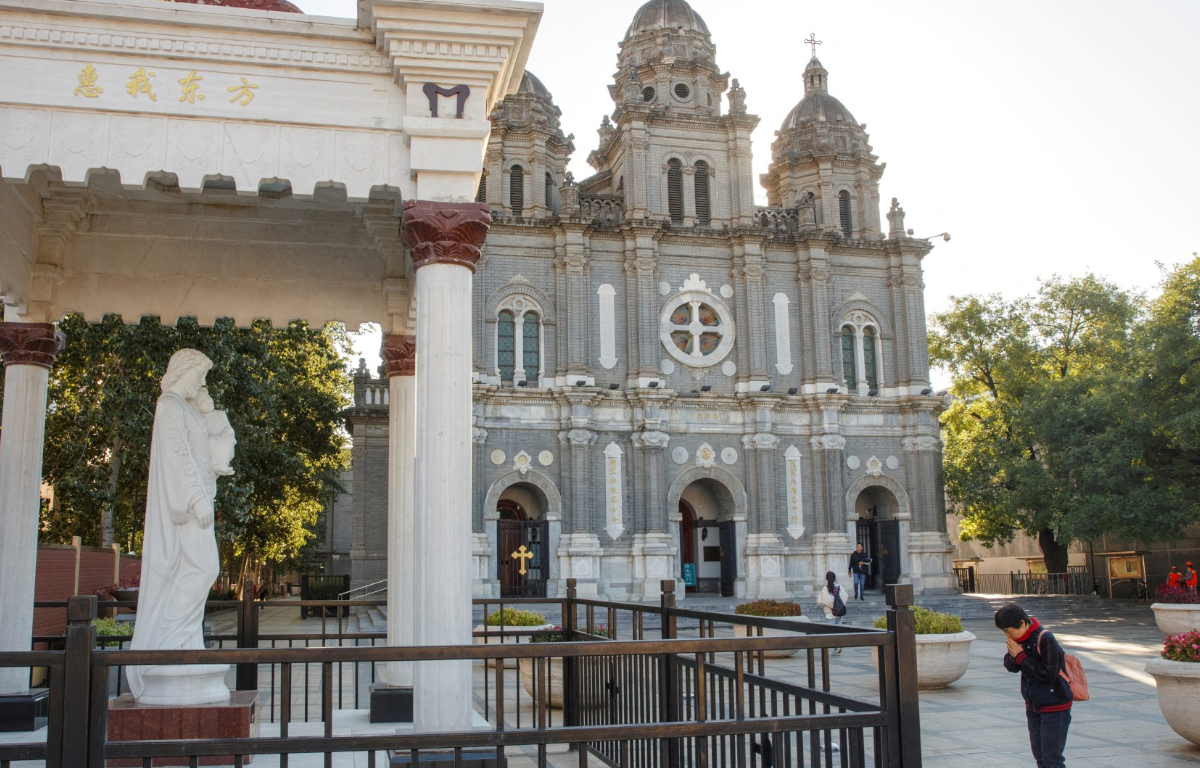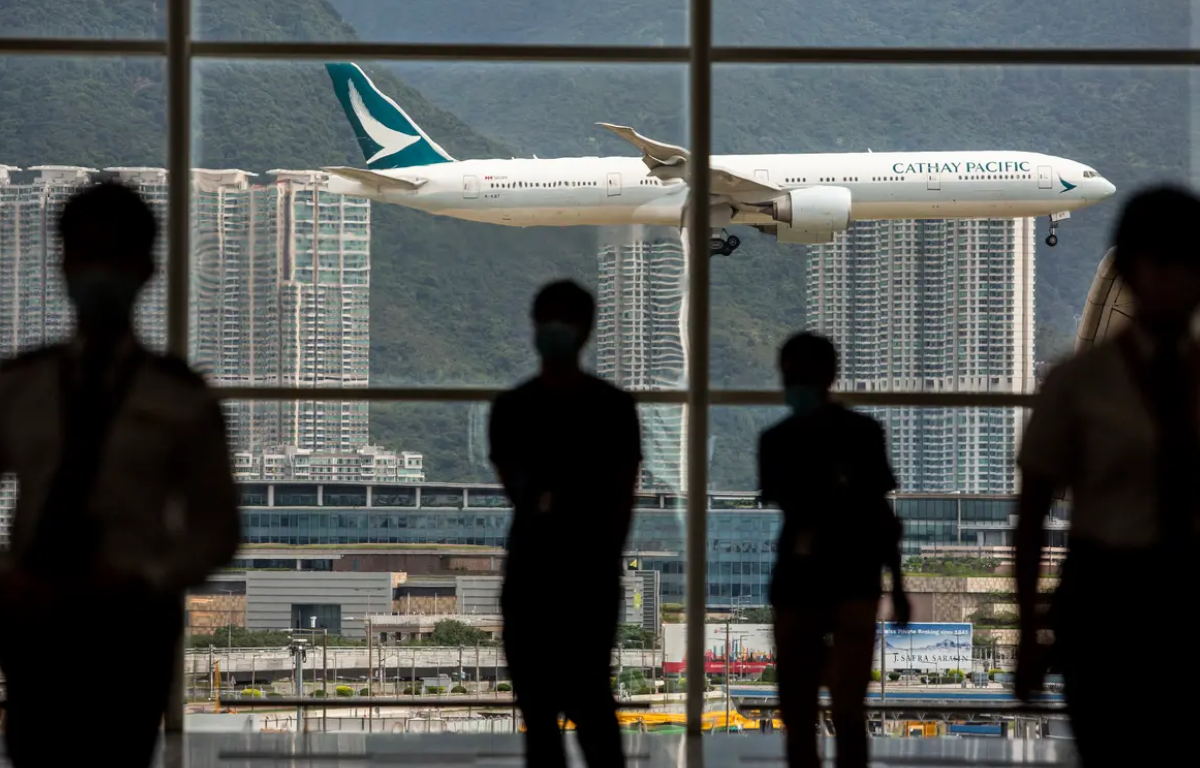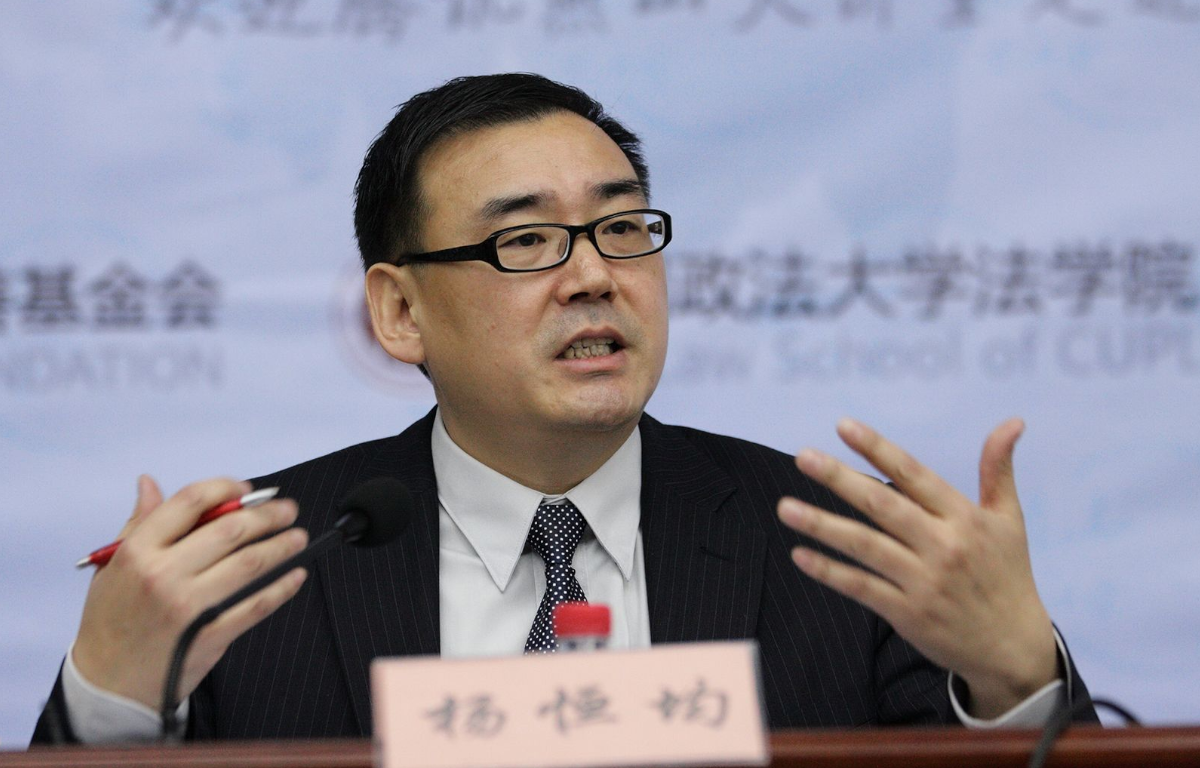
The protests, which have taken place in various cities, have been sparked by a range of issues, including mandatory vaccination requirements, strict lockdown measures, and increased surveillance and security measures in public places.
China is known for its massive surveillance system, which is among the most extensive in the world. The government has been using advanced technologies like facial recognition, artificial intelligence, and big data to monitor and control its citizens. This system has been widely criticized for violating privacy and civil liberties.
In some instances, the protests have turned violent, with clashes between demonstrators and police resulting in injuries and arrests. The government has responded to the protests by increasing its use of surveillance technology, cracking down on social media and online dissent, and arresting protesters.
The protests have highlighted growing frustrations among Chinese citizens over the government’s handling of the pandemic and its impact on daily life. Critics have accused the government of prioritizing stability and control over public health and individual freedoms.
The Chinese government has defended its COVID-related measures, arguing that they are necessary to contain the spread of the virus and protect public health. However, the protests suggest that many Chinese citizens are increasingly unwilling to accept the government’s approach.
The protests also underscore the challenges facing the Chinese government as it seeks to maintain social stability and control in the face of rising dissent and unrest. The government’s efforts to maintain control have led to a tightening of restrictions on civil liberties and increased surveillance and censorship, which in turn have fueled further dissent and unrest.
The situation in China is a reminder of the delicate balance between security and individual freedoms, particularly in times of crisis. It is also a testament to the power of public opinion and the ability of citizens to challenge government policies and demand change. As China continues to expand its surveillance system, it is important to consider the potential risks to privacy and civil liberties.










Share this: